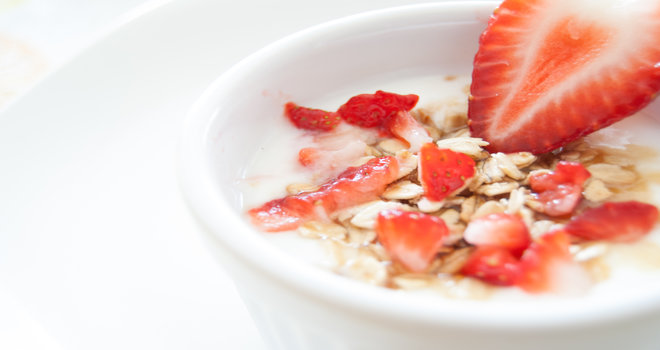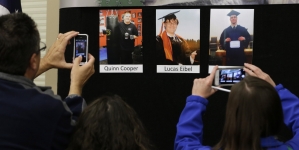-
Tips for becoming a good boxer - November 6, 2020
-
7 expert tips for making your hens night a memorable one - November 6, 2020
-
5 reasons to host your Christmas party on a cruise boat - November 6, 2020
-
What to do when you’re charged with a crime - November 6, 2020
-
Should you get one or multiple dogs? Here’s all you need to know - November 3, 2020
-
A Guide: How to Build Your Very Own Magic Mirror - February 14, 2019
-
Our Top Inspirational Baseball Stars - November 24, 2018
-
Five Tech Tools That Will Help You Turn Your Blog into a Business - November 24, 2018
-
How to Indulge on Vacation without Expanding Your Waist - November 9, 2018
-
5 Strategies for Businesses to Appeal to Today’s Increasingly Mobile-Crazed Customers - November 9, 2018
Obese adults better at imagining odours
If you can recall it intensely, you might be in danger of becoming overweight.
Advertisement
New research suggests that obese adults have a heightened ability to imagine odors, The Metro reported.
In accordance with the results, people who can imagine the smell of foods at a more vivid rate, have a considerable risk of obesity.
All of us can imagine the view of a favorite spot or sing a song to ourselves.
The ability to imagine odors varies greatly among people, ranging from people who can easily imagine the delicate, sweet aroma of a rose bouquet to those who struggle to recall the scent of a tuna casserole.
In a study being presented this week at the annual meeting of the Society for Ingestive Behavior, Yale researchers expanded on ongoing research aimed at understanding when and how people choose to eat food when they are not – or are no longer – hungry.
The researchers based their research on Kavanagh’s Elaborated Intrusion Theory of Desire, which posits that the creation of vivid mental images can stimulate and maintain cravings for food that are triggered by the smell, sight and thought of food.
Although previous research demonstrates that food cravings occur more often in obese individuals, the role of odour imagery ability in this link had not been examined.
During the study, subjects were asked to imagine odors and visual cues for different food products.
“Being better able to imagine odors could intensify the craving experience, which in turn would encourage food consumption”, said lead study author Barkha Patel, a postdoctoral fellow in psychiatry at Yale University, via the news organization.
Researcher Dr. Dana Small also said the findings call for “future work to assess imagery ability directly rather than relying upon self-report measures”.
Advertisement
The researchers found that those with higher body mass index were more likely to report greater ability when it comes to vividly imagining food and non-food smell.





























